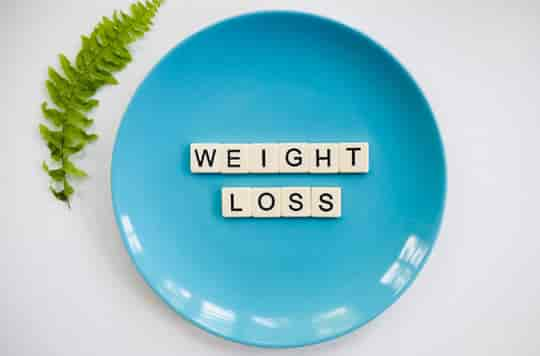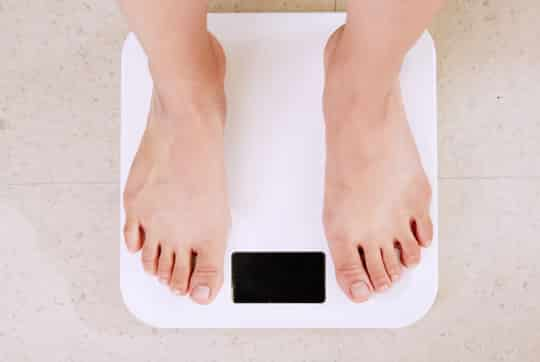An effective therapy that changes your eating habits and helps you lose weight.
Intensive behavioural therapy is a treatment for obesity in which dietitians and nutritionists help patients to change their poor eating habits.
This treatment works very well as adults lose weight after each session they attend, a new study shows.
Around 40 percent of American adults are obese and at high risk of cardiovascular disease, type 2 diabetes, stroke, and certain cancers associated with obesity.
The research reviewed the outcome of intensive behavioural therapy sessions conducted by registered dietitians and nutritionists on 2,097 obese females.
Intensive behavioural therapy for obesity (IBTO) caused considerable improvements as patients in the treatment group lost 1.22 lbs (0.5 kg) per visit.
Whereas patients in the control group who didn’t undergo the therapy sessions gained more weight.
Patients in the treatment group also took prescription drugs for a shorter time and on average 6 days less compared to the control group.
In addition to the weight loss, patients who did IBTO saw a decline in their body mass index (BMI) and blood sugar.
The first month of the IBTO treatment consisted of a once a week session with a registered dietitian.
For the next six months, the therapy sessions were every two weeks and thereafter once a month for the rest of year if the patient lost 3 kg weight within the first 6 months of therapy.
During the therapy they talked about diet, behavioural and lifestyle changes including increases in physical activity.
The dietitians and patients discussed health risks and factors influencing their decision making.
At each session the dietitians provided clear and certain recommendations tailored for their patients.
Both patients and dietitians went through the options to see which method and goal was achievable.
They also discussed any progress and challenges throughout the follow-up meetings.
Dr Lauren Sastre, study co-author, said:
“We are excited about our findings, which demonstrated registered dietitian nutritionist delivered intensive behavioral therapy for obesity to Medicare beneficiaries is effective and beneficial for patients.
This particularly important in light of the growing pressure on providers to track and demonstrate improved Medicare patient outcomes, which include weight status.”
The study was published in the journal of Family Practice (Jacobs et al., 2020).









